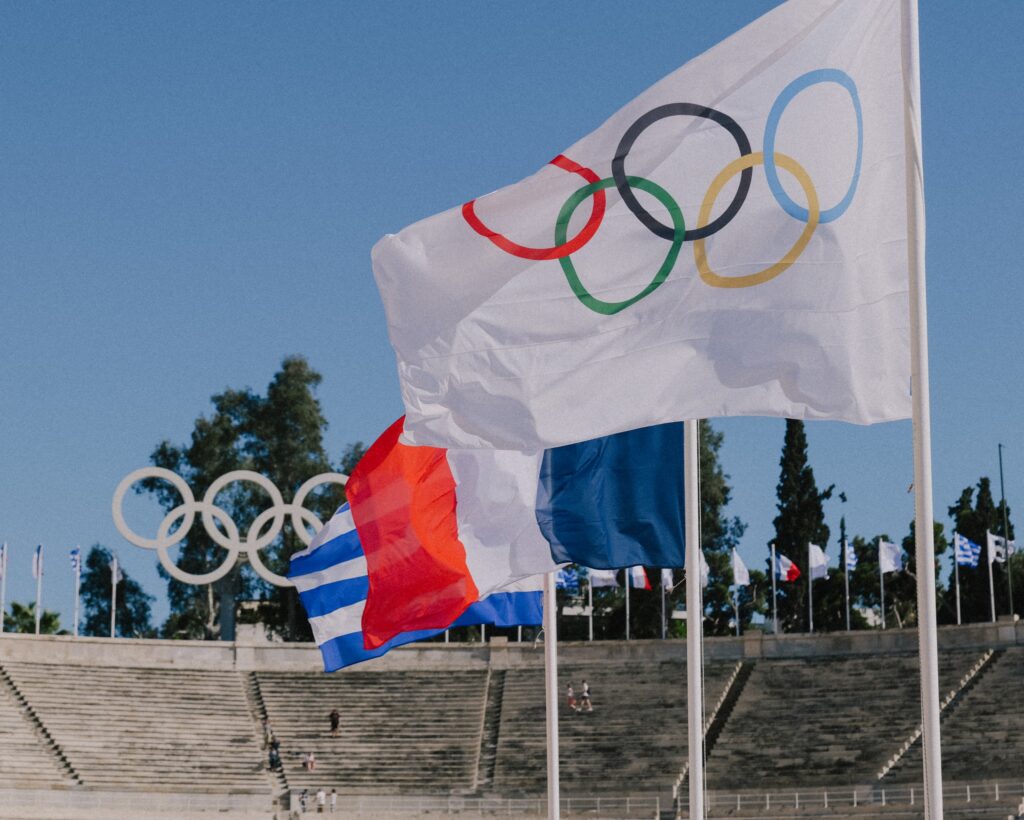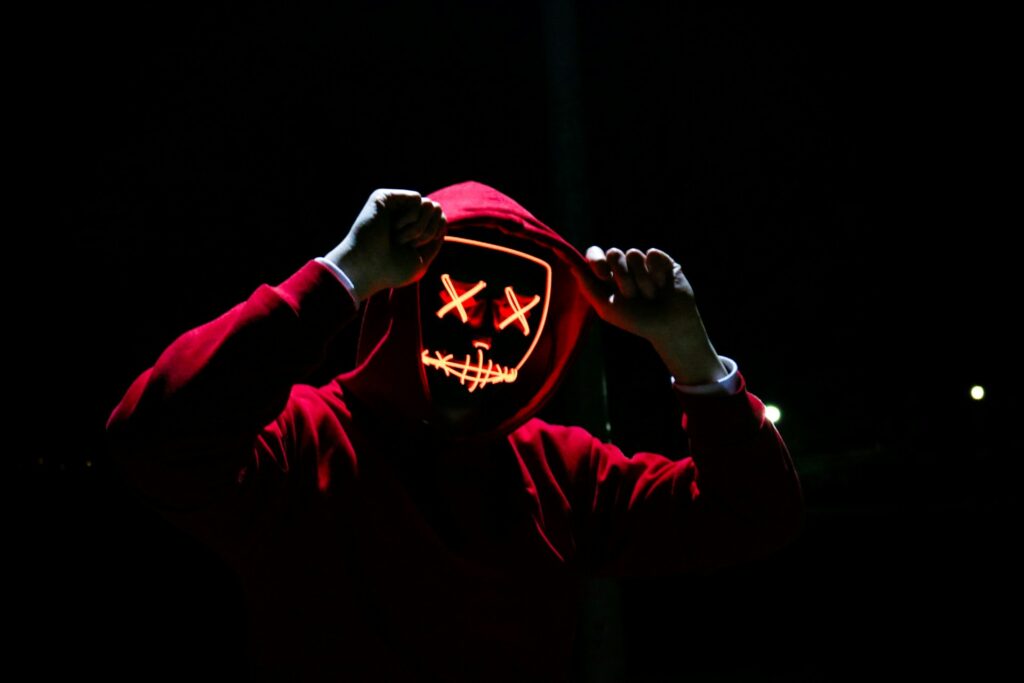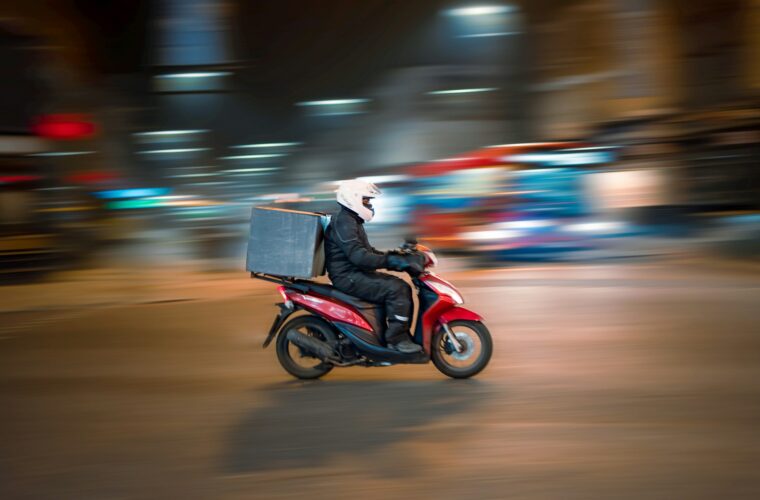With just over two months to go until the start of the Olympics 2024 in Paris, many questions surround Paris and the organisation of the world’s most important and popular sporting event. With more than 16 million tourists expected to visit during the Games (26 July – 11 August), it will be the most challenging Olympic Games ever in terms of security. London 2012 saw 212 million cyber-attacks during the event, including a distributed denial of service (DDoS) attack that knocked out power to the Olympic Park on the second day of competition. The Tokyo edition, which was postponed until 2021 due to the COVID-19 pandemic, saw 450 million cyber threats, with hackers making millions. Add to this the recent history of Paris, which has been the target of terrorist attacks that have caused bloodshed, fear and death, and the picture is in danger of becoming all too bleak.
AI Surveillance
Beyond the 45,000 security personnel promised by President Emmanuel Macron for the opening ceremony, which for the first time will not be held in a stadium but will gather athletes and spectators along the banks of the Seine, the debate on the use of software and artificial intelligence technologies for video surveillance has been raging in France for months. At stake is the search for a balance between security and privacy, especially after the introduction of the European Union’s AI Act. The French authorities have pre-empted by implementing new laws that allow algorithmic technologies, but without removing the doubts about the use of biometric systems, in particular facial recognition.
The use of AI video surveillance makes it possible to identify threats faster and more accurately than human surveillance alone and also to analyse large amounts of video data, which favours faster response times in emergencies. On the other hand, more surveillance means a potential violation of citizens’ right to privacy and likely discrimination within surveillance systems trained on biases that discriminate against minorities.
Olympics Paris 2024
One of the key AI solutions in the defence plan being studied by the French authorities is a software developed by Videtics, Orange Business, ChapsVision and Wintics that analyses video streams from existing video surveillance systems to help identify potential threats in public spaces. Algorithms trained to detect anomalous behaviour will intervene in the event of crowds, abandoned objects, the presence of weapons, fires, people on the ground, abnormal congestion and traffic violations. In these situations, the electronic eyes will send real-time alerts to security officers to enable rapid intervention and limit inconvenience.
The first test with AI video surveillance was conducted at the concerts that Depeche Mode held at the Accor Arena in Paris on March 3 and 5. The dress rehearsal of the algorithm-based systems will be at the Cannes Film Festival (14-25 May), with 17 artificial intelligence-enhanced cameras installed around the Palais des Festival, the most heavily guarded area of the city (where there is one electronic eye for every 84 inhabitants), where screenings are held, and film stars follow one another. ‘The system will be used on an experimental basis to detect events or attitudes deemed suspicious or at risk,’ said the mayor of Cannes, David Lisnard.





Solutions against cyber criminals
Meanwhile, Paris has wasted no time putting together a multi-pronged plan for the €320 million allocated to security by the government, the International Olympic Committee and partner companies (out of a total budget of nearly €9 billion). The first step was the cooperation between the French security agency, the Agence Nationale de la sécurité des systèmes d’information, and its Japanese counterpart, the National Centre of Incident Readiness and Strategy for Cybersecurity. The agreement aims to promote knowledge exchange and facilitate the response to cyber-attacks thanks to the experience gained during the previous Olympic Games.
More recently, a €17 million Security Operations Centre was set up to monitor the Olympic digital ecosystems through 12,000 distributed workstations. Access to all events at the event will be managed by the Olympic Management System, which, together with the Service National des Enquêtes Administratives de Sécurité, will issue each individual badge with the five circles. On the other hand, the Olympic Diffusion System is an application that will gather information and results in real time to avoid misinformation and facilitate monitoring for the media and spectators.
Paris 2024 Olympics
Another initiative involves planning cyber awareness seminars, as scams, spam, and phishing are the most common threats used by cybercriminals. According to Proofpoint, more than two-thirds of the official partners of the 2024 Olympic Games are exposing the public to social engineering and phishing. An analysis by the US cybersecurity firm March of the corporate domains of the 77 organisations supporting the Olympics found that only 26 had implemented the highest level of the Domain-based Message Authentication, Reporting and Conformance (DMARC) protocol.
In the absence of an effective countermeasure against email fraud attempts, the attackers’ job is made easier. It is worrying to see that with the opening ceremony just a few months away, most of the players in the Olympic ecosystem are still lagging when it comes to protecting their email,” said Loïc Guézo, director of cybersecurity strategy at Proofpoint. Dmarc is an easy-to-implement and highly effective measure against domain name spoofing, which is at the root of email fraud. The fact that many organisations have yet to adopt it raises fears of a cyber threat of unprecedented proportions. With time, we must take action and limit mistakes to avoid nasty surprises.



